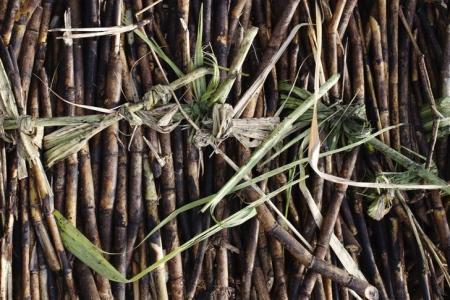
JOHANNESBURG (Reuters) – Around 1,000 workers at sugar producer Illovo are set to go on strike over wages and other benefits after talks with employers broke down, the trade union representing the staff said on Sunday.
“The Food and Allied Workers Union and employers from eight Illovo farms in Kwa-Zulu Natal province have failed to reach an amicable agreement under the auspices of the CCMA and a strike certificate has been issued,” an FAWU statement said.
The Commission for Conciliation, Mediation and Arbitration (CCMA) is a dispute resolution body mandated by law to mediate labour disputes.
Illovo is a wholly-owned subsidiary of London-listed Associated British Foods and operates in South Africa, Mozambique, Tanzania, Malawi, Zambia and Swaziland.
The labour dispute comes as the South African economy is in recession for the first time since 2009 because of weakness in manufacturing and trade.
There is also growing opposition in the country to President Jacob Zuma, whose decision in March to fire finance minister Pravin Gordhan triggered credit downgrades by all three major credit rating agencies.
FAWU members are seeking a 10 percent wage increase, versus the 5 percent annual rise the union says employers are offering, as well as pension benefits for both full-time and seasonal workers among a host of other demands.
“That 5 percent is an insult. If you look at what the inflation rate has been since December, it would mean workers are toiling for nothing,” provincial FAWU organiser August Mbhele said.
Mbhele said the lowest paid workers on sugarcane farms earned around 2,752 rand ($213.06) monthly, and that most lived over 30 km (18.6 miles) away from the farms and struggled to find or afford transport.
Illovo was not immediately available for comment.
Agriculture accounts for less than 5 percent of South Africa’s GDP but is expected to help to boost the economy after recovering from last year’s drought. It was one of two areas to show growth when the economy slipped into recession.
($1 = 12.9168 rand)
(Reporting by Mfuneko Toyana. Editing by Jane Merriman)